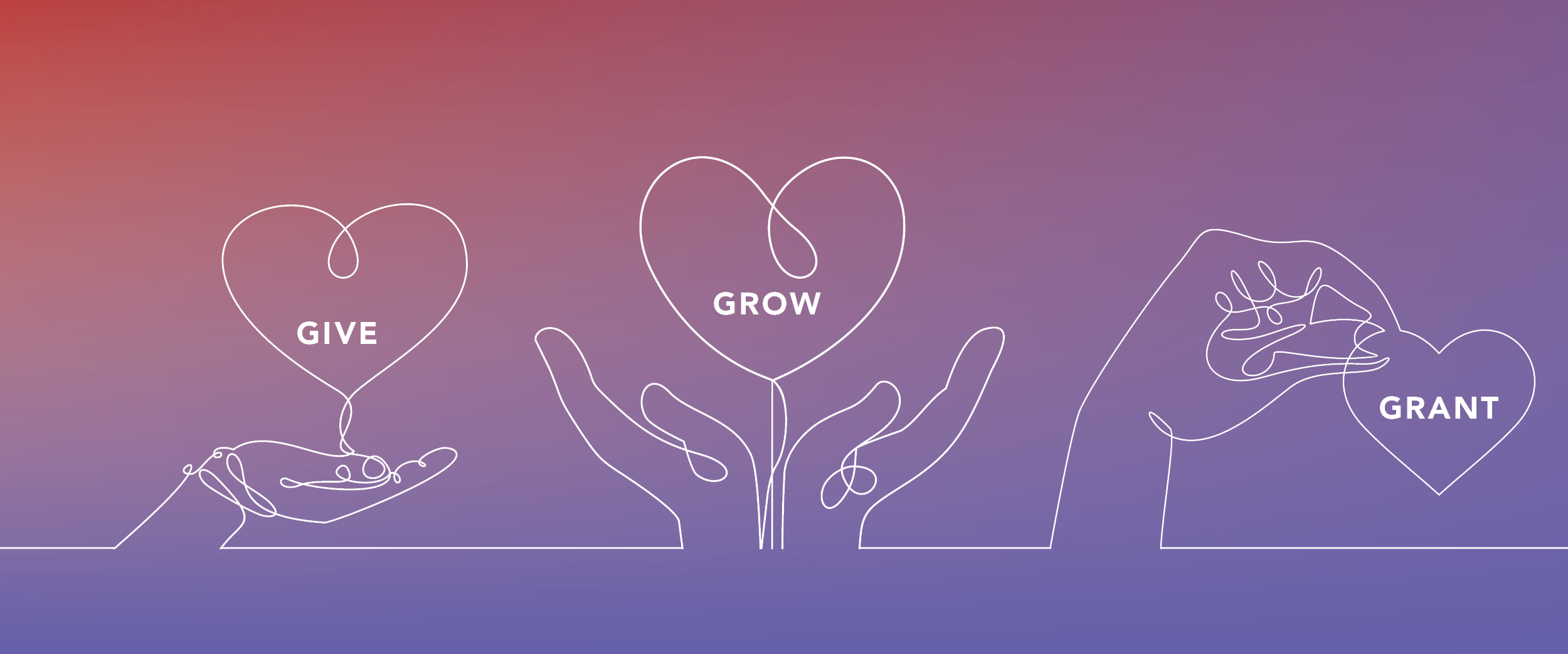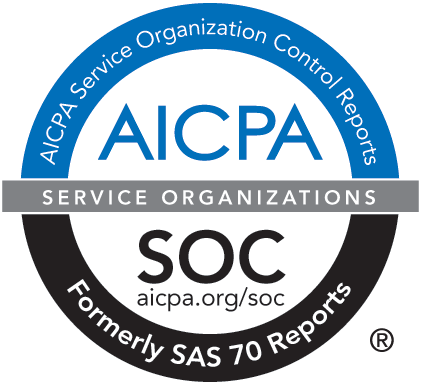Donor-Advised Funds 101 - Basics
October 29, 2020 -
Pop Quiz: What giving vehicle is nearly a century old yet is also one of the fastest-growing ways to donate to charity today?
Answer: a donor-advised fund
If you’re not already familiar with the tax-efficient giving vehicle, welcome to our crash course on donor-advised funds. Let’s start with the basics.
The first donor-advised fund (DAF) was established in 1931 by New York Community Trust, a community foundation, and sustained by John D. Rockefeller Jr. to allow individuals to choose which charities to support with their donations.
While community foundations and public charities like HighGround Advisors have sponsored donor-advised funds for nearly a century, the vehicle’s popularity accelerated when financial companies began creating charity arms in the 1990s to sponsor commercial DAFs.
This growth shows no signs of stopping. According to National Philanthropic Trust’s 2019 report, the number of DAFs in America increased by 55% in 2018 alone.
WHAT IS A DAF?
A donor-advised fund is a charitable giving account that is sponsored by a public charity, like HighGround Advisors, and funded by a donor’s tax-deductible contributions of cash, stock, or other assets. Contributions to a DAF have the potential to grow, tax-free, over time and donors retain the right to recommend grants from the DAF to eligible charities of their choice.
For these reasons, a DAF is an excellent vehicle for donors who wish to maximize their charitable impact, give in a tax-advantageous way, and streamline the administration of their donations.
HOW DOES IT WORK?
At HighGround, we like to say that a DAF allows donors to Give, Grow, & Grant.
1. GIVE
Because HighGround is a public charity, when a donor makes a contribution of cash, securities, or non-cash assets to a DAF, they are eligible for an immediate tax deduction.
2. GROW
HighGround offers five investment funds in which donors may invest their DAF contributions. These investment funds are comprised of underlying asset allocation strategies that are intended to align with the donor’s charitable giving time horizon. Once a donor selects which investment fund is right for them, their contribution will have the potential to grow, tax-free, maximizing the donor’s charitable impact.
3. GRANT
At any time, donors can recommend grants from their DAF to the qualified U.S. charities of their choice. HighGround performs due diligence, mails the checks to the selected charities, and provides donors with one tax receipt at the end of the year, making the giving process easier than ever.
FAST FACTS
Who can open a DAF?
Individuals, corporations and other business entities, trusts and estates are all eligible to open a donor-advised fund. However, certain charitable organizations exempt under section 501(c)(3) of the Internal Revenue Code, like private foundations, are not eligible.
What fees are associated with a DAF?
Generally, a DAF’s sponsoring charity will charge an administrative fee on the market value of the DAF to cover expenses for tax receipt preparation, compliance and the processing of grant recommendations.* Additionally, investment funds bear the cost of investment management and operating expenses. The total cost varies among sponsoring organizations.
What types of assets can you contribute to a donor-advised fund?
HighGround accepts both cash and non-cash assets. The most common contributions are cash (checks, wires, ACH, debit/credit cards) and appreciated, publicly traded securities and mutual funds, but we also accept non-cash assets, like mineral interests, real estate, and closely-held stock.
Can other people contribute to my DAF?
At HighGround, yes, friends and family can make tax-deductible contributions to your DAF.
Are there minimums required for contributions or grant recommendations?
While required minimums vary among sponsoring organizations, HighGround has established the following:
- Initial contribution to open a DAF for an individual - $10,000**
- Additional contributions to a DAF - $1,000**
- Grant recommendations - $100
Are there any restrictions on grant recommendations?
Yes, DAFs have restrictions imposed by the IRS to ensure that grants are made exclusively for charitable purposes. Additionally, HighGround will not approve grant recommendations made to organizations whose activities or tax-exempt purposes are inconsistent with HighGround's governing documents.
In this primer, we focused on what DAFs are and how they work. Next month, we’ll dive more deeply into the benefits of a DAF, considering its tax efficiencies and potential impact on your charitable giving. Stay tuned…
* As of May 2023: To maximize your charitable impact, HighGround does not charge an administrative fee on donor-advised funds.
**These minimums have changed since this article was originally published. HighGround's minimum initial contribution to open a DAF is now $1,000, and there is no minimum for additional contributions.



